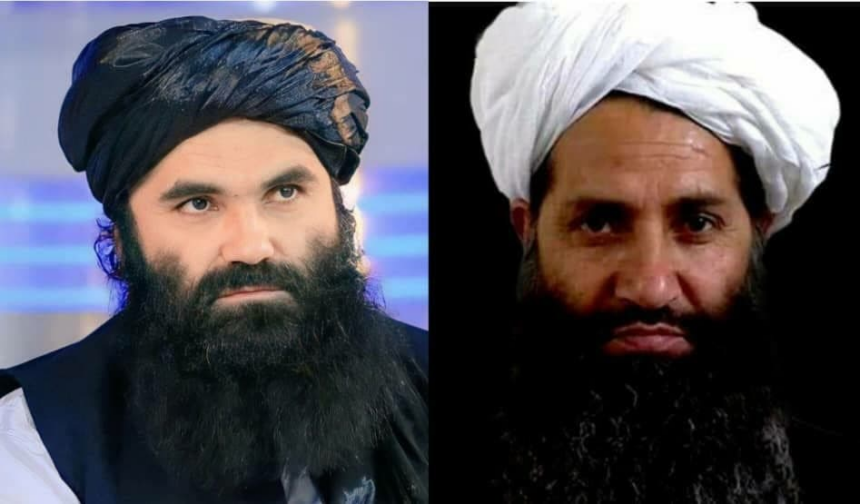RASC News Agency: In recent weeks, the United States has taken calculated steps to reframe Sirajuddin Haqqani’s public image, portraying him as a more moderate figure. This shift has been underscored by direct U.S. engagement with Haqqani faction leaders in Kabul. Taliban spokesperson Zabihullah Mujahid confirmed that senior Taliban officials in Kabul held extensive discussions with the visiting U.S. delegation on a range of issues. Among the Taliban’s demands was a formal request for the U.S. government to hand over control of the Afghanistan embassy in Washington to their administration. Additionally, the Taliban urged Washington to facilitate the reopening of the U.S. embassy in Kabul.
During this visit, the U.S. delegation exclusively met with Kabul-based Taliban leaders, excluding Mullah Haibatullah Akhundzada and his inner circle. In a notable move, the Taliban released an American prisoner during these discussions, further signaling a warming relationship between Washington and the Haqqani Network. The Haqqani Network, particularly its chief, Sirajuddin Haqqani, has emerged as the primary beneficiary of these diplomatic engagements. Until recently, the Kandahar faction of the Taliban under Haibatullah’s leadership appeared dominant, systematically sidelining the Haqqani Network. However, the removal of Sirajuddin Haqqani’s name from the U.S. most-wanted terrorist list, combined with Washington’s increasing engagement with his faction, has dramatically shifted the balance of power.
Many analysts believe this shift reflects growing U.S. concerns over Haibatullah’s tightening grip on power in Kandahar. In response, Washington appears to be strengthening the Haqqani Network as a counterweight to his authoritarian rule. The recent visit of Zalmay Khalilzad and the U.S. Special Envoy for Hostage Affairs to Kabul is widely seen as part of this strategic recalibration. This direct engagement between Washington and the Haqqani Network has reportedly fueled deep resentment among the Kandahar-based Taliban leadership. In a recent speech, Mullah Haibatullah warned that any prisoner exchange with the U.S. must be reciprocal, explicitly demanding the release of a Taliban detainee held in the notorious Guantanamo Bay facility. Addressing Washington in a tone that was both interrogative and commanding, he demanded: “Why have you not freed our prisoners?”
Notably, Haibatullah has remained conspicuously silent on the U.S. decision to delist Sirajuddin Haqqani and two other Haqqani Network leaders from its terrorism watchlist. Analysts interpret his silence as a sign of deep frustration over Haqqani’s growing influence and his apparent backing from Washington. Experts argue that direct U.S. engagement with the Haqqani Network has provoked significant unease in Kandahar, where Haibatullah has long sought to marginalize Haqqani and strip him of power. Now, with Washington actively reinforcing Haqqani’s position, Haibatullah finds himself in a precarious situation.
Political analysts predict that Haibatullah will intensify efforts to curtail Haqqani’s influence and reassert his own authority within the Taliban. It is worth noting that Sirajuddin Haqqani head of the notorious Haqqani Network has been implicated in hundreds of assassinations and deadly attacks, including bombings targeting mosques and schools. As tensions escalate within the Taliban’s leadership, Washington’s evolving relationship with Haqqani may serve as a catalyst for a deeper internal power struggle, with far-reaching implications for the future of Afghanistan.






